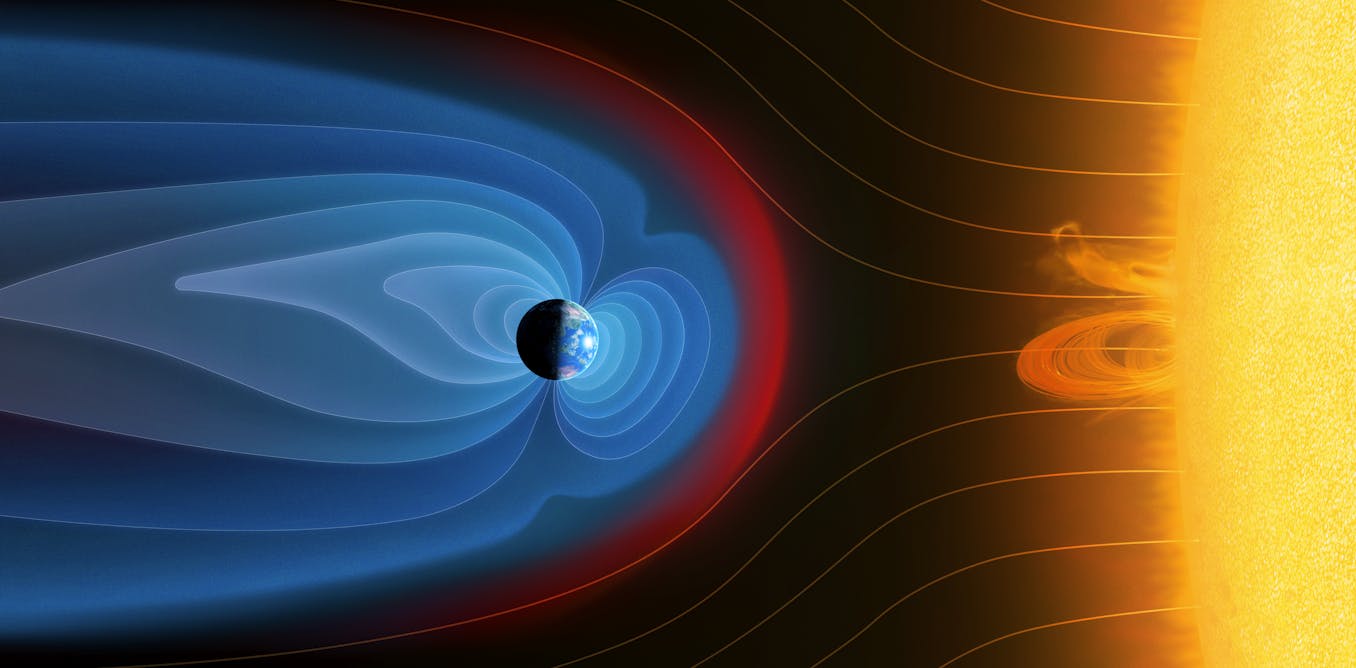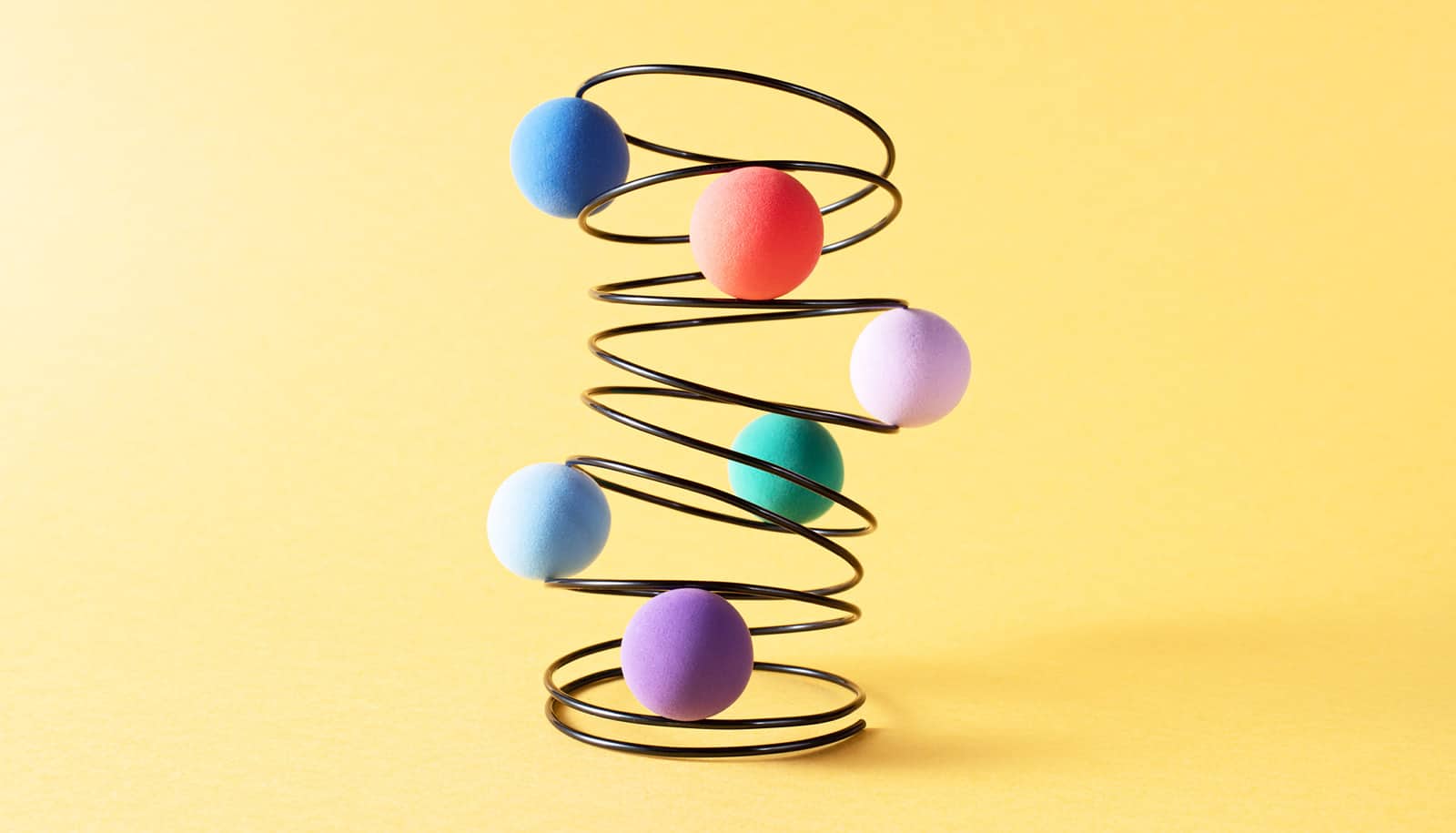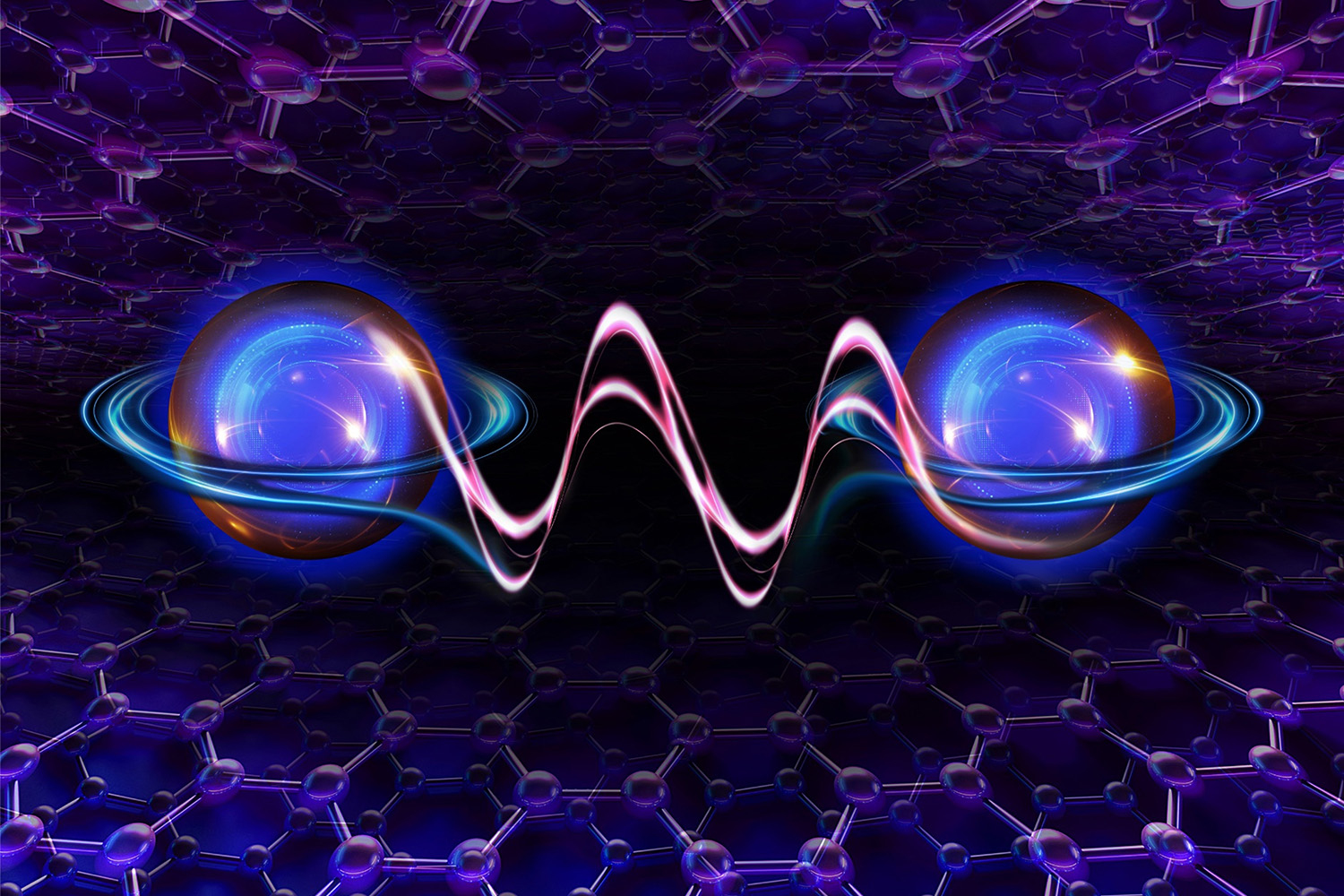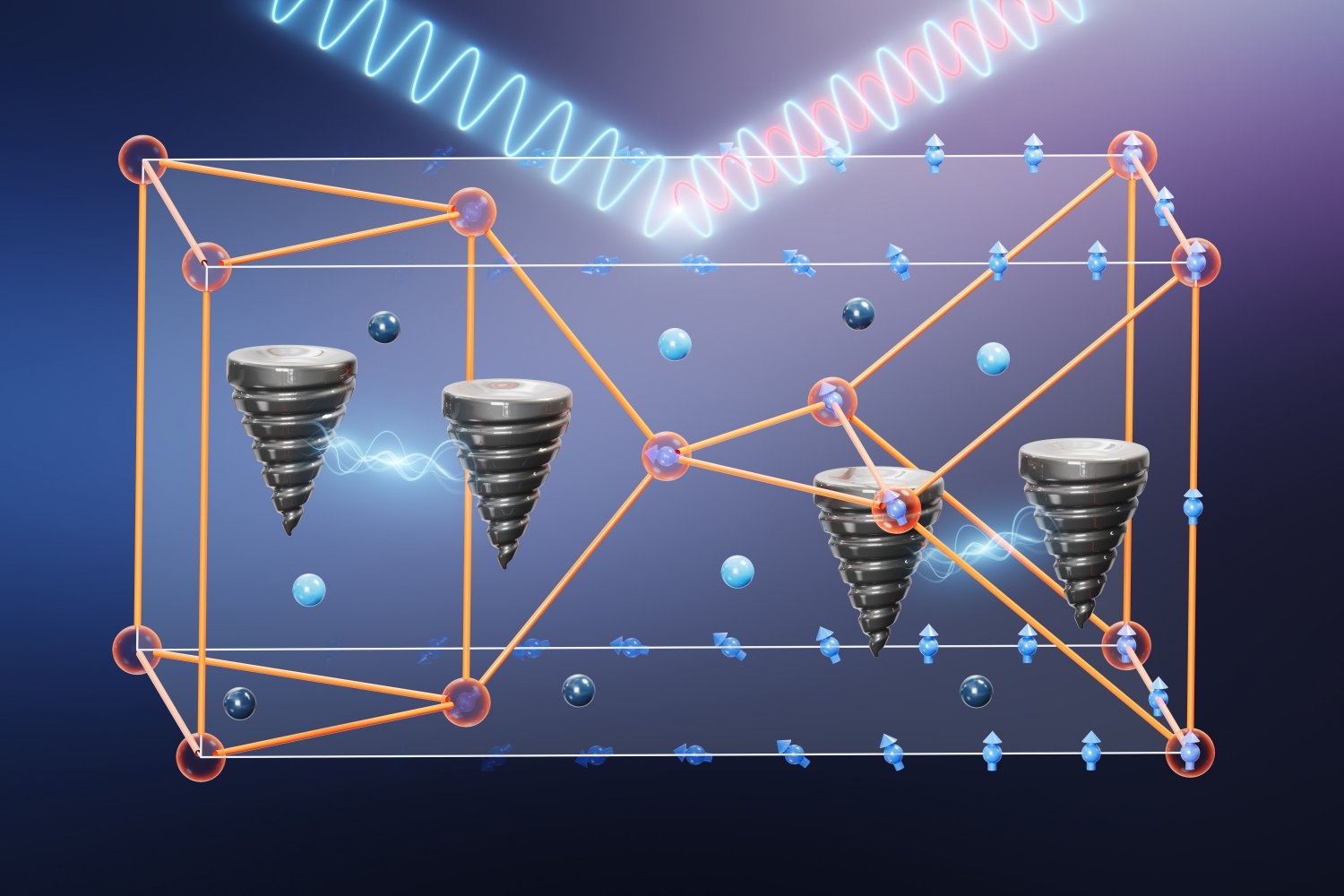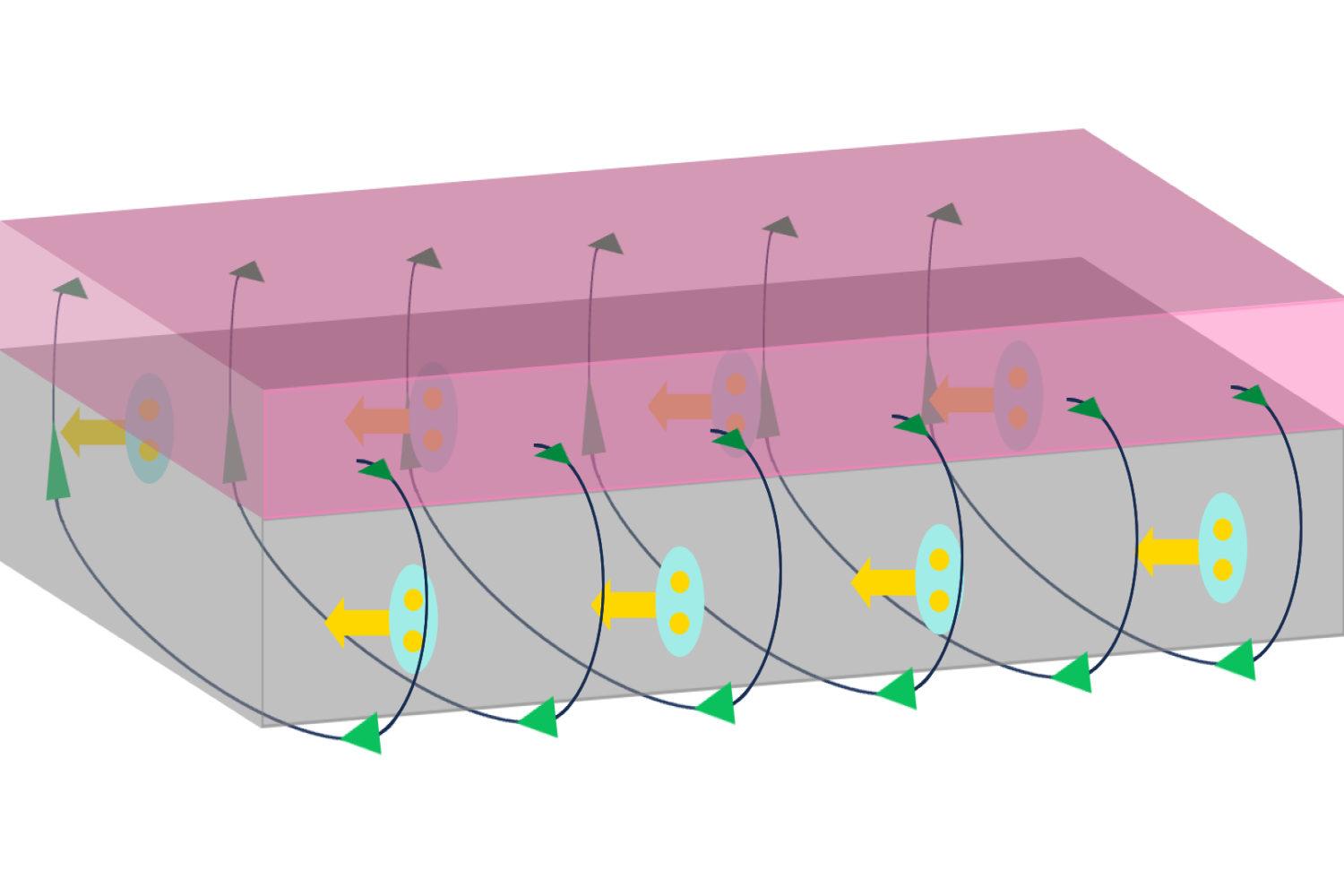Earth's magnetic field protects life on Earth from radiation, but it can move, and the magnetic poles can even flip
Ever seen the northern lights? You have a magnetic layer in Earth’s atmosphere to thank for those beautiful displays. But the magnetosphere does a lot more than create auroras.
Ofer Cohen, Associate Professor of Physics and Applied Physics, UMass Lowell •
conversation
Nov. 27, 2023 • ~8 min
Nov. 27, 2023 • ~8 min
How do astronomers know the age of the planets and stars?
Measuring the ages of planets and stars is tricky. An observational astrophysicist describes the subtle clues that provide good estimates for how old different space objects are.
Adam Burgasser, Professor of Astronomy & Astrophysics, University of California, San Diego •
conversation
Oct. 2, 2023 • ~6 min
Oct. 2, 2023 • ~6 min
/
16


